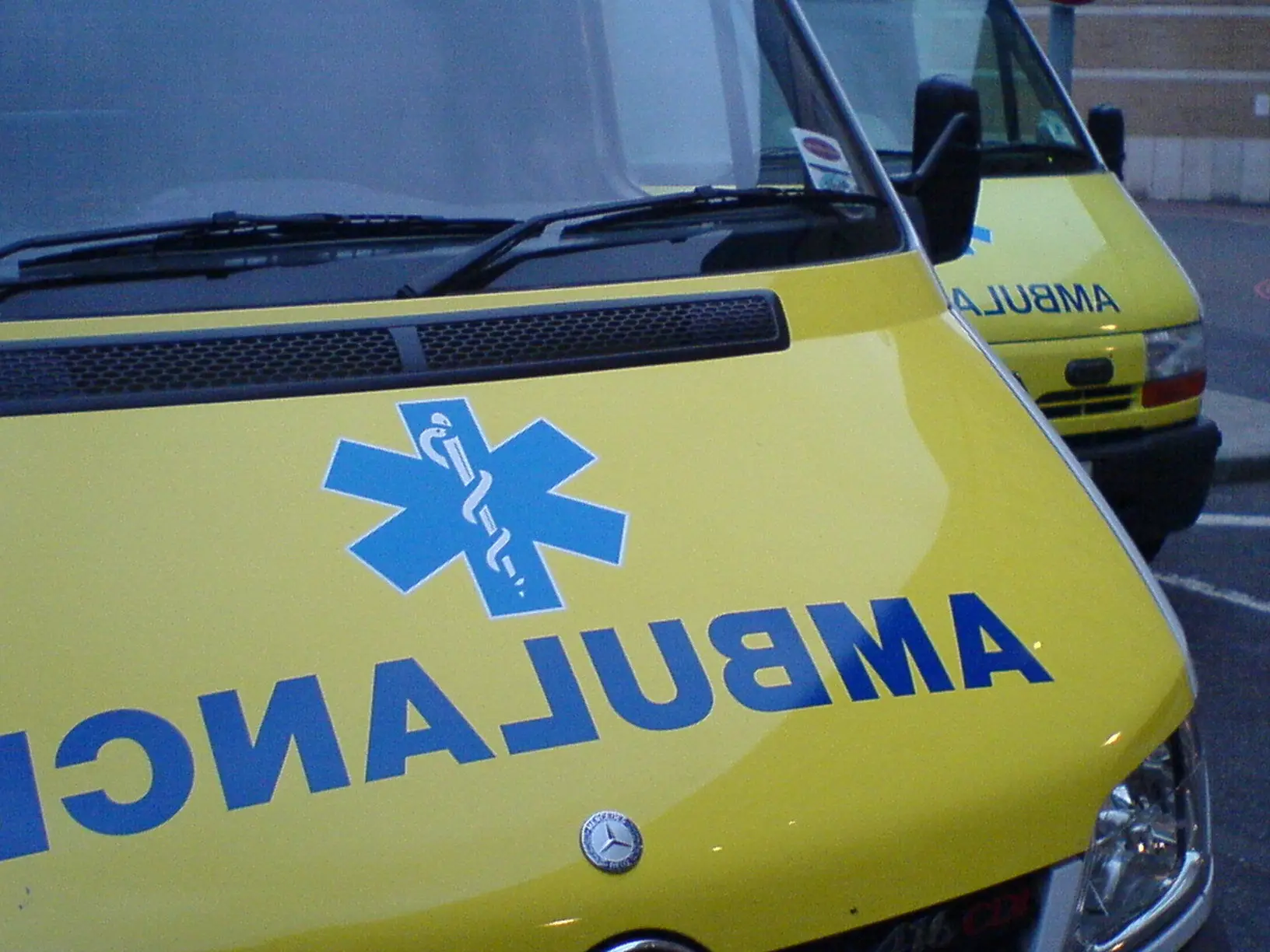If you follow the national news you will have heard or read reports today (Wednesday) that more than 4,000 emergency calls for ambulances in England each week result in a wait of more than an hour, including those for seriously ill patients.
Through a Freedom of Information Act request, the BBC have discovered that in England between January 2018 and September 2019 one in 16 Category 2 calls – patients suffering from a heart attack, stroke or major burns, etc – waited more than an hour for an ambulance crew to arrive.
What do the categories mean?
OnTheWight thought it would be helpful to readers to understand what the different categories meant and when people can expect to be attended to.
Below is the Nuffield Trust’s summary of the national ambulance response times standards:
Category 1 ambulance calls are those that are classified as life-threatening and needing immediate intervention and/or resuscitation, e.g. cardiac or respiratory arrest.
The national standard sets out that all ambulance trusts must respond to Category 1 calls in 7 minutes on average, and respond to 90% of Category 1 calls in 15 minutes.
Category 2 ambulance calls are those that are classed as an emergency for a potentially serious condition that may require rapid assessment, urgent on-scene intervention and/or urgent transport. For example, a person may have had a heart attack or stroke, or be suffering from sepsis or major burns.
All ambulance trusts should respond to Category 2 calls in 18 minutes on average, and respond to 90% of Category 2 calls in 40 minutes under the new standards.
Category 3 ambulance calls are those that are classified as urgent. They are problems (not immediately life-threatening) that need treatment to relieve suffering (e.g. pain control) and transport or clinical assessment and management at the scene.
The national standard states that all ambulance trusts must respond to 90% of Category 3 calls in 120 minutes.
Delays blamed on handover
Some NHS leaders have blamed the delays on handover at hospitals, resulting in crews not being able to get away quickly to the next call.
OnTheWight reported in 2019 that on the Isle of Wight ambulance response times were too long, on average, for both life-threatening conditions and serious conditions. The Isle of Wight NHS committed to ‘Getting to Good’ by 2020.
To see the results of the FOIA request, see the BBC article.





